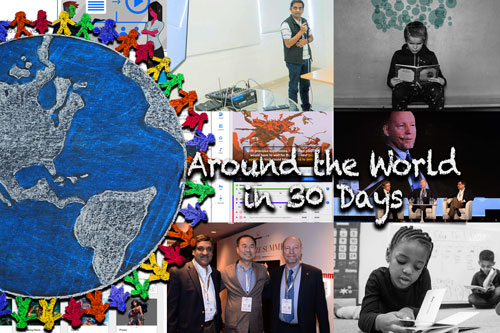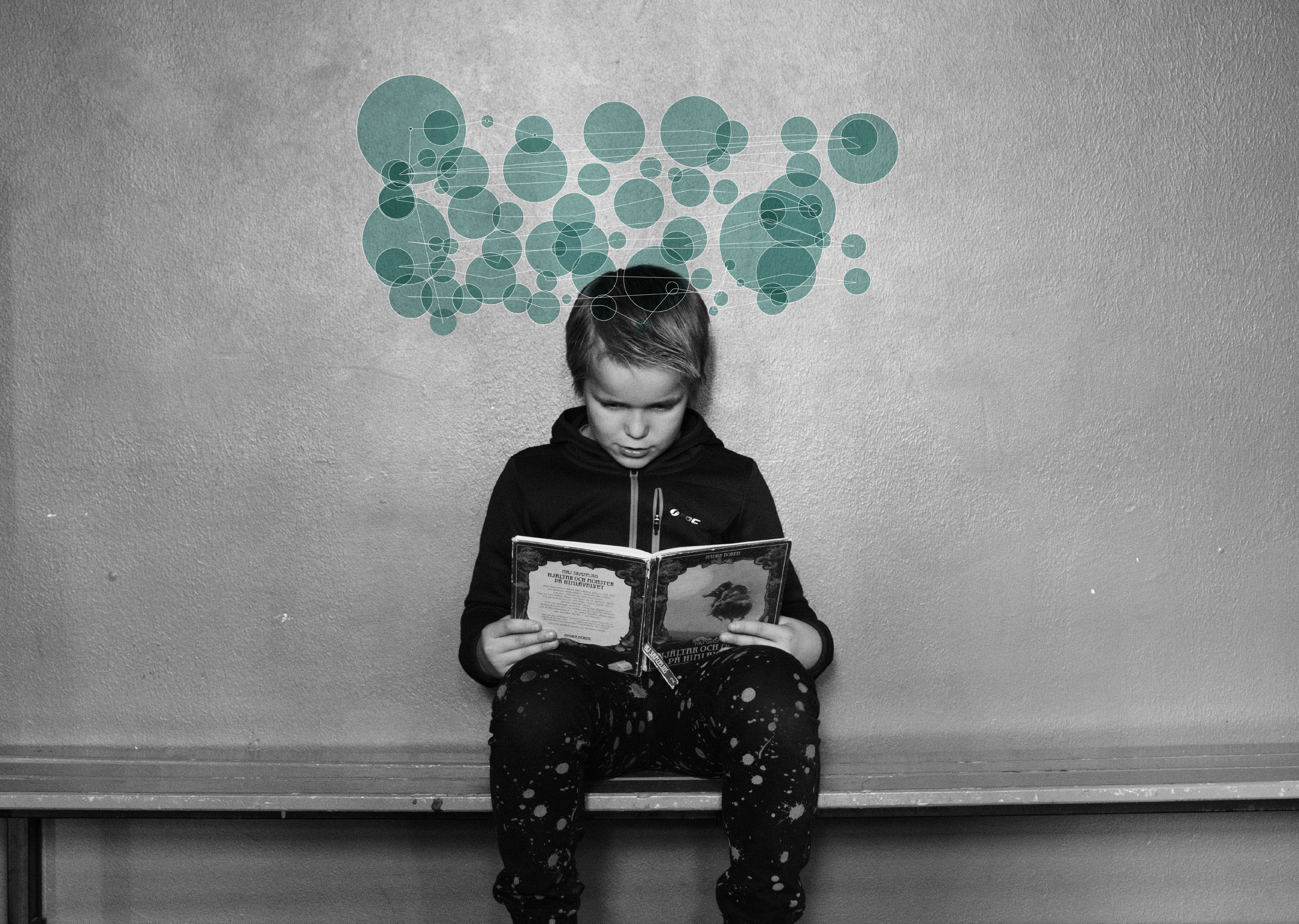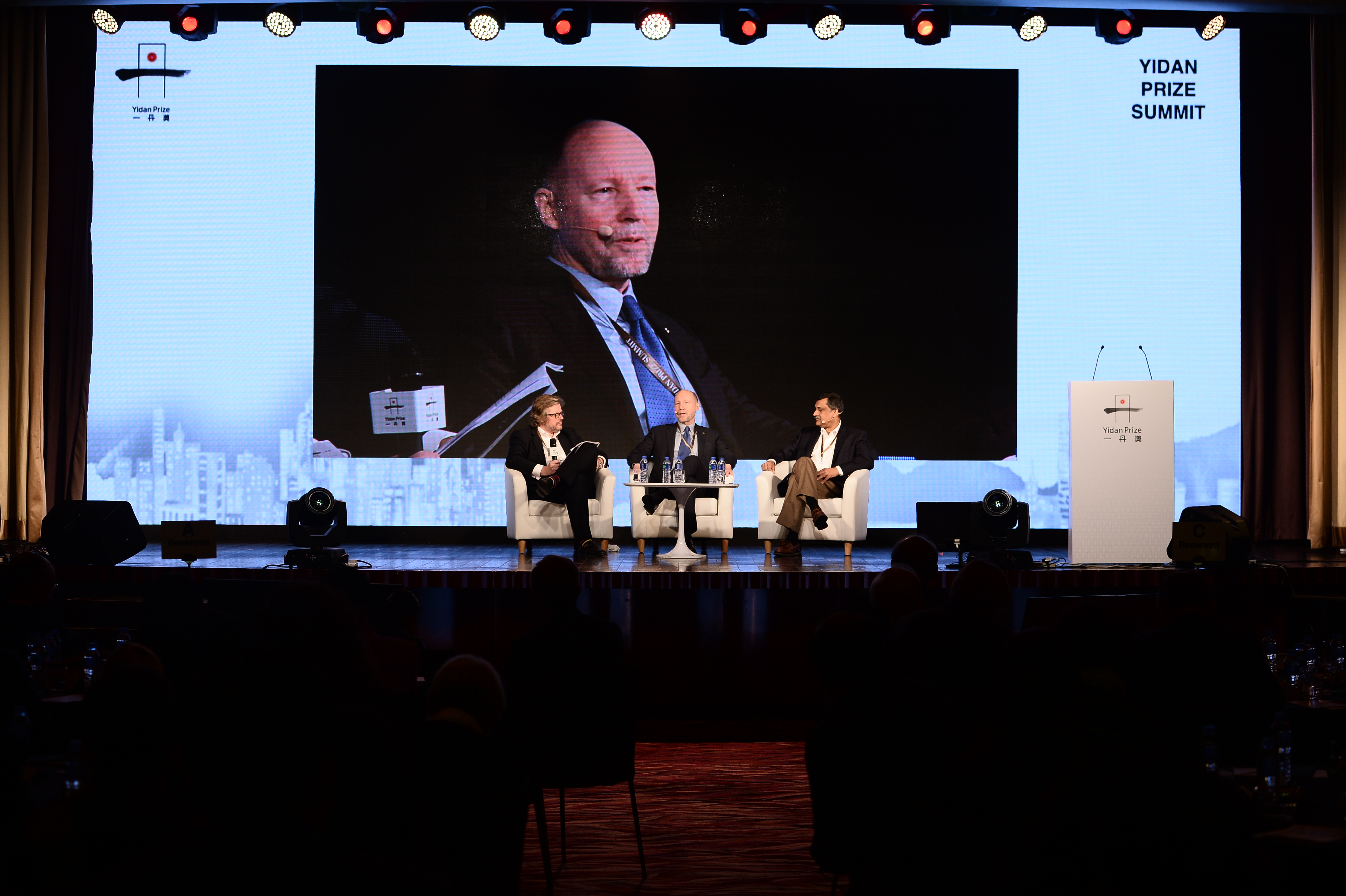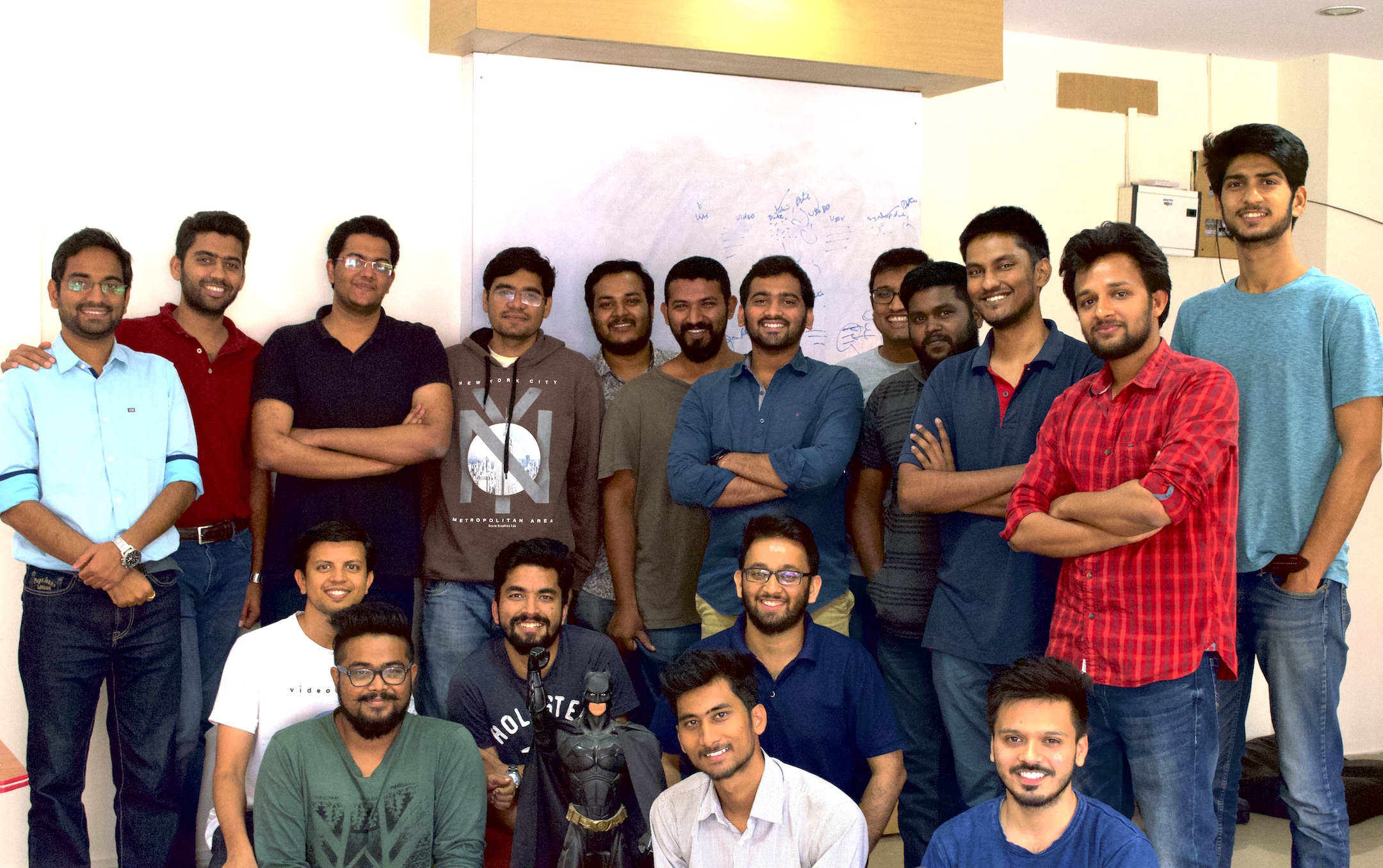C. M. Rubin’s Global Education Report
Professor Larry V. Hedges has dedicated his professional life to the cause of applying rigorous scientific methods to develop a “culture of evidence in education” for those who need it, be they teachers, policy makers or even parents. He is the Yidan Prize for Education Research Laureate 2018. Founded in 2016 by Charles Chen Yidan (a core founder of Tencent), the prize presents two awards each year — one for education research and one for education development. Each of the 2 recipients receive a sum of HK$30 million. Education systems face many challenges in a changing world. How can we ensure they are fair, efficient and inclusive? How should we leverage education research and put theory into practice? The Global Search for Education welcomed Professor Larry V. Hedges, Chairman of the Department of Statistics, Northwestern University, to explore his thinking.
Dyslexia is caused by a different wiring of our brains. As many as 10 to 15 percent of school-age children are dyslexic, and the International Dyslexia Association estimates that there are 1 billion people with dyslexia worldwide. In the United States alone, there are estimates which claim that over 40 million American adults have the condition, yet only approximately 2 million know it. Children diagnosed with Dyslexia when young have more time to get the interventions they need to flourish in learning. How can AI disrupt this problem so that educators and parents can help these kids early on? A reading assessment tool, Lexplore, claims it has an innovative solution (using eye movements and AI) that allows educators to see how a child is reading. How is this technology changing young lives today and how will it benefit learners with dyslexia in the years ahead? The Global Search for Education welcomed Fredrik Wetterhall, the founder of Lexplore, to talk about how his technology is disrupting Dyslexia.
Audiences in today’s world are increasingly consuming information on the Internet in visual and interactive ways. Every industry is exploring ways to transform and present content on video. What does this mean for learners around the globe? Anurag Dwivedi is one of the founders of the Rocketium video platform. He believes everyone has important stories to tell. What limits the story-tellers is not having a platform that makes storytelling “easy to create and easy to consume.” The Rocketium platform is unique in that it allows teams of creators to work collaboratively on video projects in one innovative space. The company has automated the majority of the time-consuming tasks of the video creation process. For example, some of the Rocketium product features include one-click styling, automatic resizing of videos in different aspect ratios for different social platforms, and automatic translation of any content into over 120 languages. In addition, the platform provides advanced controls for styling and sequence timing for users. This enables creators to customize styles in a way which Dwivedi claims no other video creation platform can provide. Further, Rocketium creators have an online customer service team ready to support users’ production questions at any point in the process. The Global Search for Education welcomed Anurag Dwivedi from Rocketium to talk further about how his company is giving anyone, anywhere in the world, the tools to tell important stories.
Thank you to our global contributors, teachers, entrepreneurs, researchers, business leaders, students and thought leaders from every domain for sharing your perspectives with The Global Search for Education each month.
Join me and globally renowned thought leaders including Sir Michael Barber (UK), Dr. Michael Block (U.S.), Dr. Leon Botstein (U.S.), Professor Clay Christensen (U.S.), Dr. Linda Darling-Hammond (U.S.), Dr. MadhavChavan (India), Charles Fadel (U.S.), Professor Michael Fullan (Canada), Professor Howard Gardner (U.S.), Professor Andy Hargreaves (U.S.), Professor Yvonne Hellman (The Netherlands), Professor Kristin Helstad (Norway), Jean Hendrickson (U.S.), Professor Rose Hipkins (New Zealand), Professor Cornelia Hoogland (Canada), Honourable Jeff Johnson (Canada), Mme. Chantal Kaufmann (Belgium), Dr. EijaKauppinen (Finland), State Secretary TapioKosunen (Finland), Professor Dominique Lafontaine (Belgium), Professor Hugh Lauder (UK), Lord Ken Macdonald (UK), Professor Geoff Masters (Australia), Professor Barry McGaw (Australia), Shiv Nadar (India), Professor R. Natarajan (India), Dr. Pak Tee Ng (Singapore), Dr. Denise Pope (US), Sridhar Rajagopalan (India), Dr. Diane Ravitch (U.S.), Richard Wilson Riley (U.S.), Sir Ken Robinson (UK), Professor Pasi Sahlberg (Finland), Professor Manabu Sato (Japan), Andreas Schleicher (PISA, OECD), Dr. Anthony Seldon (UK), Dr. David Shaffer (U.S.), Dr. Kirsten Sivesind (Norway), Chancellor Stephen Spahn (U.S.), Yves Theze (LyceeFrancais U.S.), Professor Charles Ungerleider (Canada), Professor Tony Wagner (U.S.), Sir David Watson (UK), Professor Dylan Wiliam (UK), Dr. Mark Wormald (UK), Professor Theo Wubbels (The Netherlands), Professor Michael Young (UK), and Professor Minxuan Zhang (China) as they explore the big picture education questions that all nations face today.
The Global Search for Education Community Page
C. M. Rubin is the author of two widely read online series for which she received a 2011 Upton Sinclair award, “The Global Search for Education” and “How Will We Read?” She is also the author of three bestselling books, including The Real Alice in Wonderland, is the publisher of CMRubinWorld and is a Disruptor Foundation Fellow.
Follow C. M. Rubin on Twitter: www.twitter.com/@cmrubinworld






Recent Comments